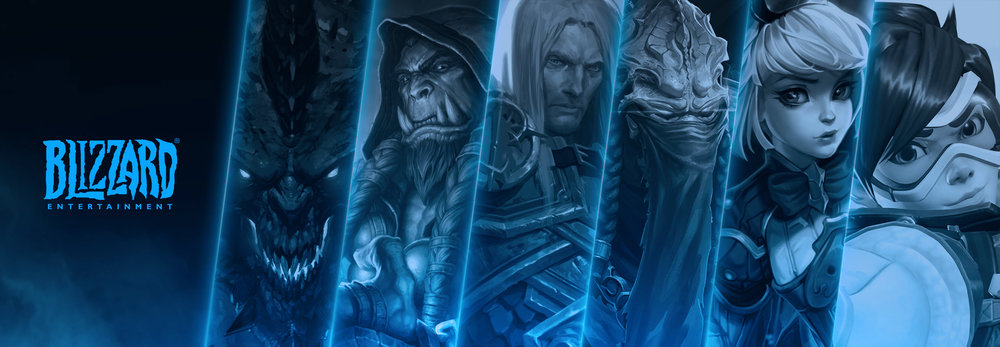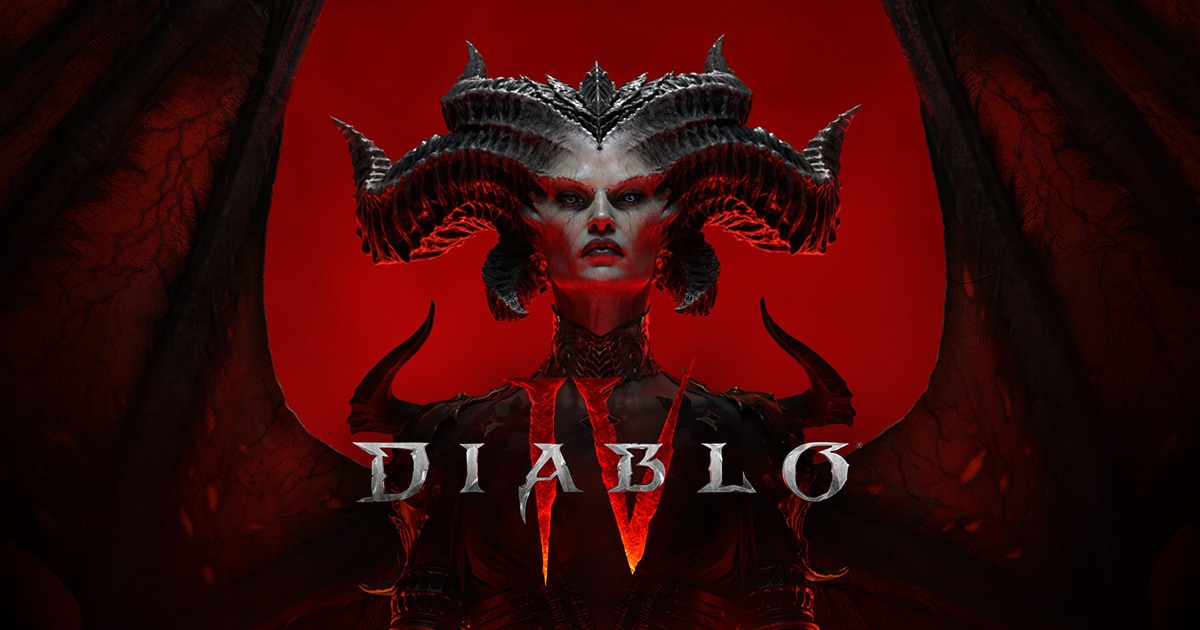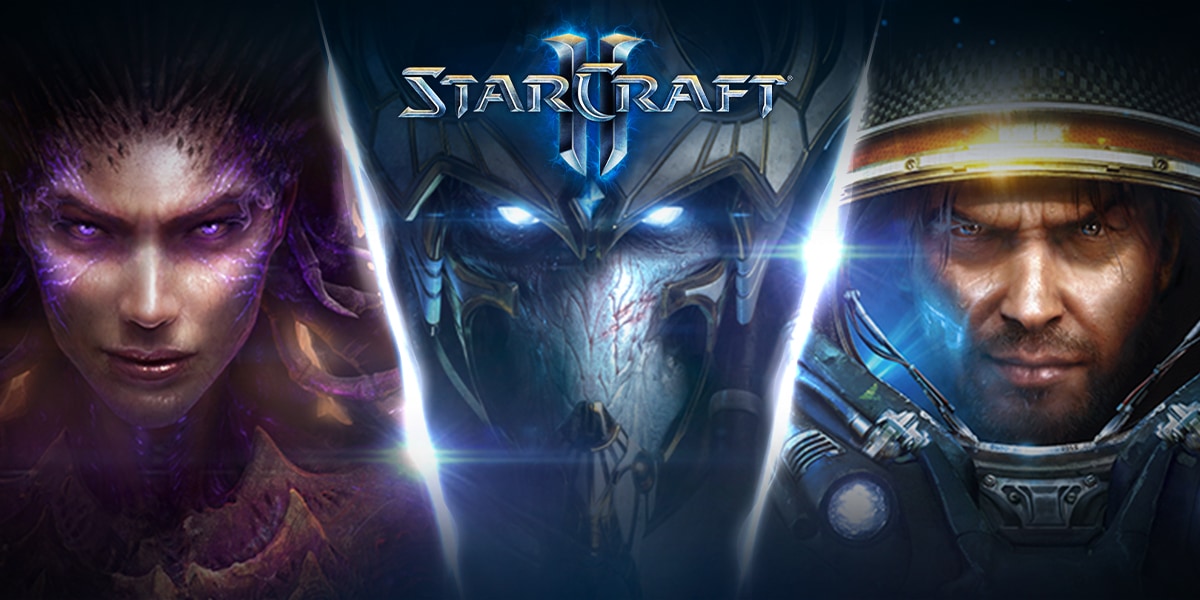Blizzard Entertainment, Inc.: A Gaming Powerhouse Shaping the Industry
Blizzard Entertainment, Inc. is a renowned and influential video game developer and publisher that has left a lasting mark on the gaming industry. With a rich history spanning over three decades, Blizzard has become synonymous with immersive storytelling, polished gameplay, and a passionate community of gamers. In this blog post, we delve into the fascinating details about the company, from its origins and notable games to its achievements, criticisms, and future prospects.
Company Overview:
Blizzard Entertainment, Inc., commonly referred to as Blizzard, was founded on February 8, 1991, in Irvine, California, United States. Originally established under the name Silicon & Synapse, the company specialized in creating ports for other studios' games. Blizzard later rebranded and rose to prominence with a string of hugely successful original titles.
Games and Franchises:
Blizzard is renowned for crafting immersive and critically acclaimed game franchises, many of which have achieved massive commercial success and garnered dedicated fanbases worldwide. Some of their notable games include:
- Warcraft: The legendary Warcraft franchise started as a real-time strategy game (RTS) series and eventually evolved into the massively multiplayer online role-playing game (MMORPG) behemoth World of Warcraft (WoW).
- Diablo: The action RPG series Diablo captivated players with its dark and atmospheric gameplay. Diablo III, released in 2012, was a monumental success and helped establish Blizzard as a leading force in the genre.
- StarCraft: Another critically acclaimed RTS series, StarCraft, introduced players to the epic conflict between the Terrans, Protoss, and Zerg. The release of StarCraft II: Wings of Liberty in 2010 revitalized the franchise and expanded its esports presence.
- Overwatch: Blizzard's foray into the first-person shooter (FPS) genre, Overwatch, took the gaming world by storm in 2016. With its diverse cast of heroes and engaging team-based gameplay, Overwatch quickly became a sensation and continues to enjoy a passionate player base.
Technologies and Collaborations:
Blizzard Entertainment leverages cutting-edge technologies to create immersive gaming experiences. Their games are developed using proprietary engines tailored to specific franchises, combining visually stunning graphics with smooth gameplay mechanics. Additionally, Blizzard has collaborated with other industry giants for various projects. For example, the company partnered with Bungie for the distribution of Destiny 2 on the Battle.net platform.
Accomplishments and Failures:
Over the years, Blizzard Entertainment has amassed numerous accolades and achievements, solidifying its position as a leading force in the gaming industry. Some of their notable accomplishments include:
World of Warcraft: With over 100 million registered players, World of Warcraft stands as one of the most successful and enduring MMORPGs ever created. Its influence on the genre is unparalleled.
Esports Domination: Blizzard's games have made a significant impact in the realm of esports, attracting millions of viewers worldwide. Titles like StarCraft II and Overwatch have become synonymous with high-level competitive gaming.
However, the company has not been immune to failures and controversies. One such instance was the rocky launch of Diablo III in 2012, which suffered from severe server issues and other technical problems, leading to a backlash from players.
Criticisms and Controversies:
In recent years, Blizzard Entertainment has faced significant criticism and controversy. One of the most prominent incidents occurred in 2019 when the company suspended a professional Hearthstone player and revoked his prize money after he expressed support for the Hong Kong protests during a post-match interview. The incident led to widespread backlash and accusations of censorship.
Blizzard also faced public backlash for its handling of controversies and allegations related to workplace culture and diversity. These issues prompted a call for greater transparency and accountability within the company.






Comments
Post a Comment